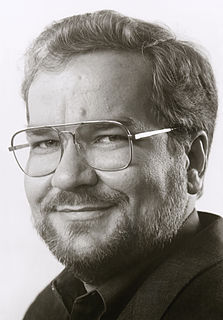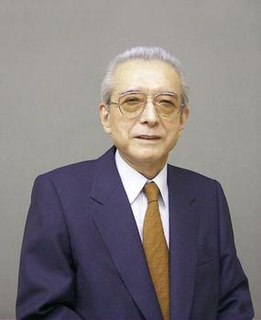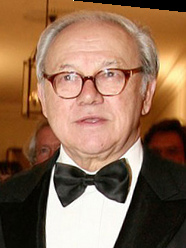A Quote by Alan Greenspan
The only way you get economic progress, real standards of living moving higher, is to have the savings of the society continuously invested in the cutting-edge technologies. And those technologies which are obsolescent get dropped out.
Related Quotes
I have been saying this for some time, but customers are not interested in grand games with higher-quality graphics and sound and epic stories. Only people who do not know the video game business would advocate the release of next-generation machines when people are not interested in cutting-edge technologies.
If you look at the Gulf War or new military technologies, they are moving towards cyberwars. Most video-technologies and technologies of simulation have been used for war. For example, video was created after the Second World War in order to radio-control planes and aircraft carriers. Thus video came with the war. It took twenty years before it became a means of expression for artists.
Definitions get you into that time trap, and I'm very much more process-focused. Take Lucy, for example. Lucy is famous largely because she has almost a total skeleton. The more sophisticated we get with instruments, the more we can find out. Through CT scans of her skeleton, they now think she died falling out of a tree because of the way her bones are broken. If nineteenth and twentieth century technologies can retroactively transform our bodiment, what then do the technologies we now use do?





































